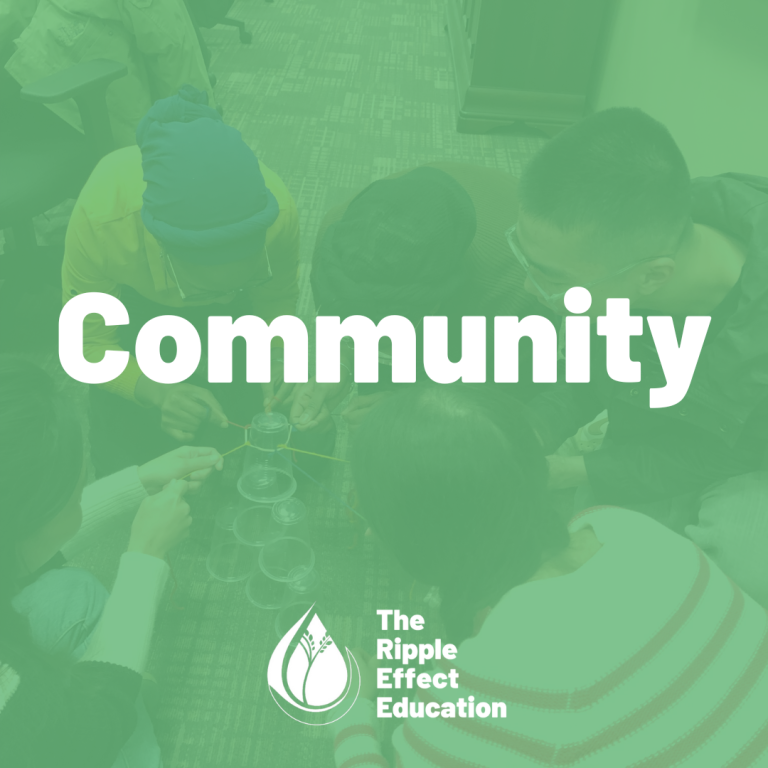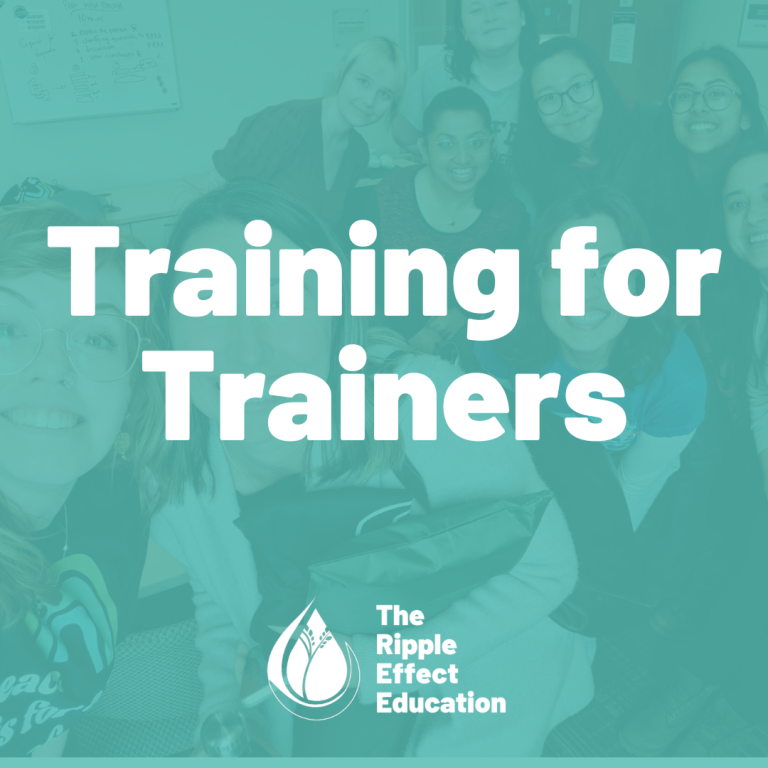We all have a window of tolerance for managing stress, conflicts and challenges in any moment. In the best of times, we have a greater window of capacity to tolerate these stressors. At times, however, there will be stressors that shrink that window. It could be a big change, like moving to a new city, academic or professional pressure, or even a global pandemic.
Over the long-term, our response to chronic stressors spill over into our relationships (Randall & Bodenmann, 2009). With a smaller window of tolerance, our small conflicts might feel like big conflicts. Things that don’t typically frustrate you are infuriating. Things that usually make you feel unheard now feel exasperating. And when I say small things, I mean small. It’s the dirty dishes in the sink, your roommate’s loud chewing, your child’s constant humming, or incessant question asking. Perhaps their very presence is enough to stir up vexation for you.
When the small things feel big, my tendency is to push my feelings down. I tell myself, “This isn’t a big deal. You shouldn’t be angry about this. Get it together.”
When pushed down, these feelings don’t go away, but stay simmering until they come spewing out, uncontrollably, wildly, often burning those in its path.
“There can be major costs to sacrificing our needs or keeping quiet about injustices, so it’s important not to think that compromise, accommodation, or avoidance are necessarily the moral choices” (Legge, 2019, p. 107).
Conversations about how we’re feeling aren’t necessarily complicated, but they usually are hard. They’re hard because we’re stepping up to be vulnerable and trust someone with our story. They’re hard because with a smaller window of tolerance, the small things are piling up. It feels risky to speak up, but keeping quiet can be more costly in the long run.
Here are some of the ways we can Say It when small conflicts feel big.
- Say it calmly. Find and practice a grounding technique to find calm when big emotions begin to simmer. Run, stretch, or use a breathing exercise, like Box Breathing.
- Say it early. When you notice you’re feeling upset, name the feeling and let others know. This can help us keep perspective when small things feel big. It can help us ask, “Is this really about the dishes, or am I overwhelmed?” Maybe it’s both, but it can help us own our piece of the problem. For example, you might say:
- “I’m overwhelmed about …”
- “I’m feeling frustrated right now. I need space.”
- “I’m not sure what’s going on, but I know I’m not at my best today.”
- Say it to help others understand how you’re feeling. No one is a mind reader. Using I-statements, share how you’re feeling, take off your mask, and let others know what you need. If you’re a parent helping a child manage through this, you might choose to make a conflict plan, too.
How have small things felt bigger over the past few months?
We’d love to hear how we can help. Share your thoughts in the comments or email us.
References:
- Randall, A. K., & Bodenmann, G. (2009). The role of stress on close relationships and marital satisfaction. Clinical Psychology Review, 29(2), 105–115. doi: 10.1016/j.cpr.2008.10.004
- Legge, M. (2019). Are we done fighting?: Building understanding in a world of hate and division. Gabriola Island, BC, Canada: New Society Publishers.
Cover image: Jack Sparrow from Pexels
 Katie Gingerich is the founder and director of TREE, and is an active participant of the Kindred Credit Union Centre for Peace Advancement. Since 2012, she has developed peace education programs for camps, community groups, and classrooms, and is passionate about giving youth the tools they need to transform conflict and seek justice.
Katie Gingerich is the founder and director of TREE, and is an active participant of the Kindred Credit Union Centre for Peace Advancement. Since 2012, she has developed peace education programs for camps, community groups, and classrooms, and is passionate about giving youth the tools they need to transform conflict and seek justice.








